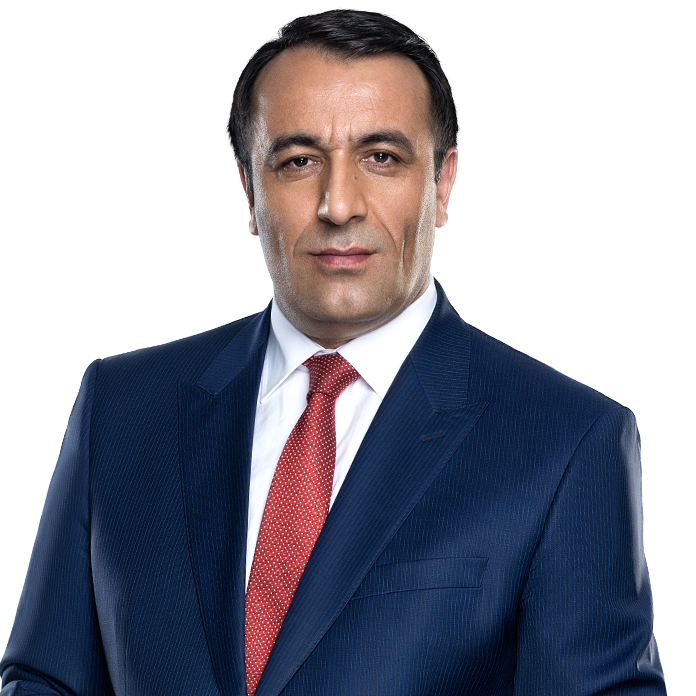Discussions are ongoing about the unexpected policy rate increase from 4.5 percent to 10 percent in January 2014. The reason cited for a total reduction of the policy rate by 1.75 points during May, June and July of that year, its remaining constant during the August to December period, and its current rate of 8.25 percent, was the rise of risk premiums due to domestic and external conditions and the inflation trend.
The picture that was sought to be created in the economy with the attempts of Dec. 17 and Dec. 25, 2013 had repercussions, even if it didn’t exactly mean an interest-rate rise. On the other hand, other conditions came to the fore such as the prevalent conditions in the global economy and the rising exchange rate, which resulted in the interest rate remaining high.
The drop in the price of oil in the last quarter of 2014 resulted in a positive situation for Turkey. The drop in the price of oil by almost 60 percent continues to impact various economies differently. Countries like Russia, Iran and Venezuela, whose economies are linked to oil revenue, have been negatively impacted, while the discounted price reflects positively on oil-importing countries like Turkey.
This should be converted into an opportunity for the Turkish economy, given that it is a country with a structural problem in the shape of the current account deficit, and where energy costs comprise the single highest item of manufacturing costs. The Central Bank will find it easier to take steps with regard to the interest rate when it is taken into consideration that the falling price of oil will reduce both the current account deficit and the inflation rate.
2015 MUCH BETTER WHEN COMPARED TO 2014
Developing countries in particular should act bravely and determinedly in the face of risks posed to national economies due to developments in the global economy. Last week India introduced an interest-rate cut upon expectations that inflation would drop, and to increase production and generate employment.
The wish of developing economies to avail of all opportunities before a decision by the U.S. Federal Reserve to raise the interest rate is pushing them toward an interest-rate cut, which poses the primary obstacle to investment and manufacturing in their countries.
Therefore, the fact that conditions in 2015 are much better than in 2014 have an impact on expectations that the Central Bank will reduce the interest rate at its Monetary Policy Board meeting tomorrow. The expectations of internal markets lean in the same direction, given that the drop in the price of oil primarily resulted in the contraction of the current account deficit and a drop in inflation.
The decision by the European Central Bank to implement its quantitative easing program will have a significant impact on reducing many risks, given that it will ease access to financial resources and could also lead to increased exports as European economies recover. The creation of favorable conditions both domestically and externally for Turkey presents a vital opportunity to reduce the interest rate.
The Central Bank’s forecast of exchange rate volatility, which it is sensitive to, pushes it toward being more cautious in its decisions. However, it is guaranteed that the Turkish economy will have more maneuverability since the energy import bill for 2015 will drop based on the current price of oil i.e. the current account deficit will be reduced by half, and most importantly, the budget deficit will be lower than expected.
Expectations are being strongly voiced that inflation will continue to drop rapidly in 2015 and that it will easily fall to the 6.3 percent rate envisaged in the Medium Term Plan. The real positive impact of the drop in the price of oil will be reflected in the figures for 2015.
We have to make use of the first half of the year well, particularly since the possibility of the FED increasing the interest rate in the second half of 2015 has been further strengthened.
It is of vital importance for Turkey to quickly take steps that will support the investment climate and aid economic growth in this period where the structural transformation program, as revealed by Prime Minister Ahmet Davutoğlu, is implemented, and which targets solving the current account deficit problem, lack of savings and foreign dependency.
This is why it is expected that institutions, which make decisions affecting the economy during this period, act in a manner that positively impacts the economy.
twitter.com/erdalkaragol




















